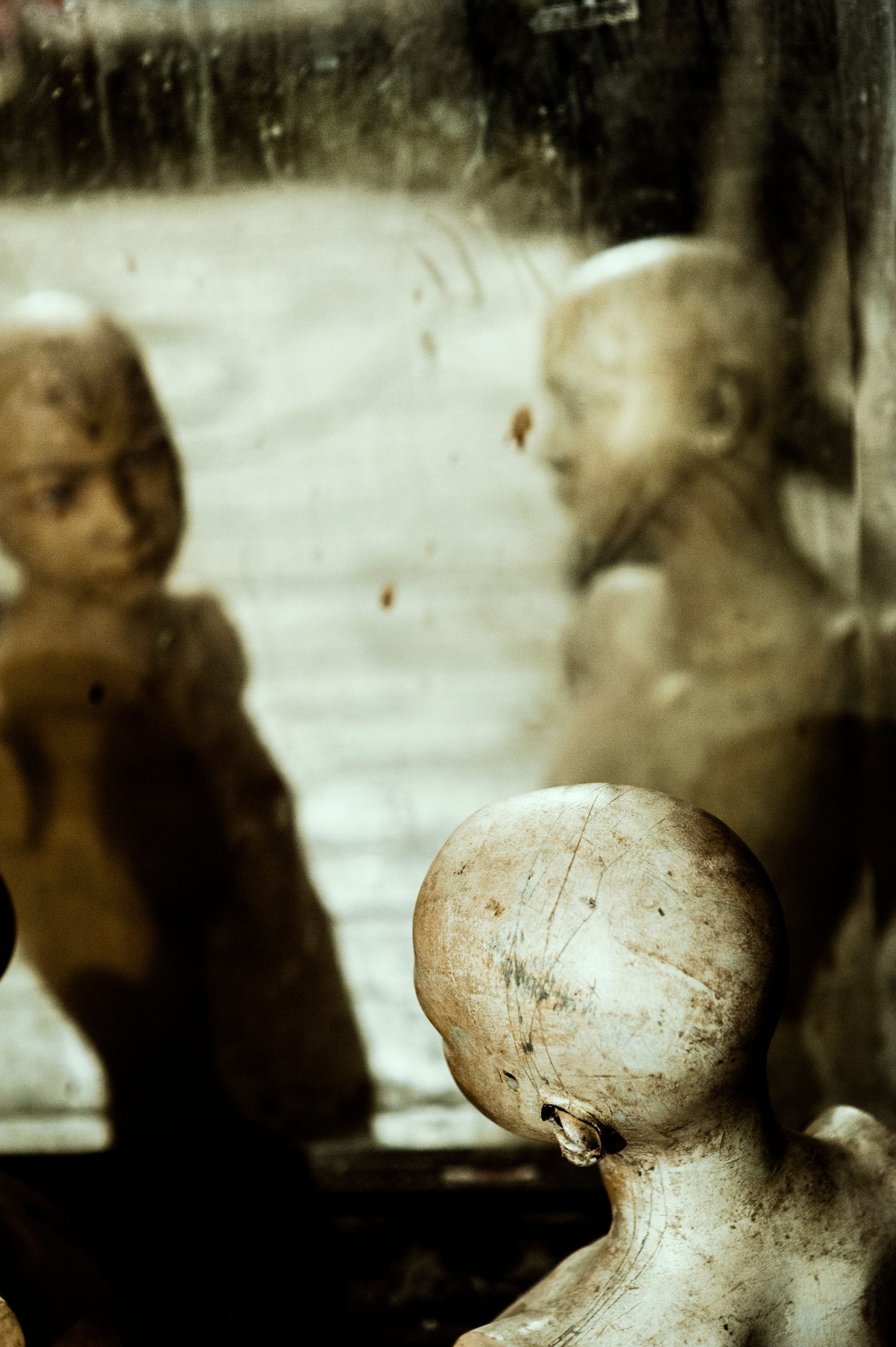
confirmation bias – The tendency to interpret new evidence as confirmation of one's existing beliefs or theories.
"All of our hearts are idol factories," John Calvin once said. We are never not worshiping. But there is one big idol all our little manufactured idols themselves serve, and that idol is us. There's really no new idolatry in our brave new world; we just find new ways with which to orient our worlds around ourselves.
I think you and I see this every day in the world of social media, and it was ramped up especially so during the last election cycle. When it comes to political pontificating, my Facebook feed in particular appears to be one huge exercise in confirmation bias — my liberal friends share and "amen" articles, videos, and memes that fit their pre-adopted left-leaning narratives and my conservative friends share and "amen" articles, videos, and memes that fit their pre-adopted right-leaning ones.
I've been guilty of this myself. It is stunningly easy to fall into, this "confirmation bias" thing. If something sounds true — meaning, it seems to fit what we already believe — we believe it to be true without corroborating. It is the widespread epidemic of confirmation bias that has given us the relatively new phenomenon known as "fake news."
But there's a spiritual component at play here too. The reason we fall into confirmation bias politically is not essentially a political problem. It is a human problem, which is to say, it is a sin problem — which is to say, it is a problem of self-interest and self-worship. The truth is, you and I are prone to conducting our entire lives along the narratives constructed from confirmation bias.
What is our bias?
That we are the center of the universe. That our happiness is what is most important in life and that our preferences are — or ought to be — the laws of the land.
So whatever fits this bias is "true." And whatever does not is repudiated, or simply ignored.
How would you know if your Christian life has become hijacked by confirmation bias? Here are some possible diagnostic signs:
1. When you hear a particularly challenging or convicting sermon, you think mainly of who else needs to hear it or who else it ought to apply to — "I really hope my spouse/child/friend/etc is listening right now" — instead of how it might apply personally to you.
2. You don't really have close friends who know the struggles going on in your private world — your family, your marriage, your workplace, etc.
3. You don't pray much for God's forgiveness.
4. You think every strained or broken relationship you've ever experienced has always been the other person's fault and you struggle to see how you might have contributed to the problem.
5. You have a problem with your temper.
6. You constantly rehearse the failings of others in your mind and imagine dialogues with them in which you "put them in their place" and "win."
7. You passive-aggressively say things aloud or share things on social media that you mean for other people to be chastened or convicted by.
8. You have a ready stack of excuses for your problems and sins but not many for others, especially those who've offended you in some way.
9. You inwardly enjoy it when someone you dislike fails in some way.
10. If you say "I'm sorry" it is often followed by the word "if," and if you say "I forgive you" it is often followed by the word "but."
11. You have a tendency to say "I told you so."
If more than one of those signs fit you, you may be a confirmation bias Christian.
So what's the antidote?
How do we spiritually work against our confirmation bias?
1. Examine yourself. Knowing and acknowledging we have this problem is necessary before we can even address it. The problem with confirmation bias is that our biases are embedded, they are presumed, felt as "natural." So we aren't typically conscious that we're doing these things. Paul tells Timothy to "keep a close watch on yourself" (1 Tim. 4:16).
2. Repent. This is why Jesus said that if anyone wanted to come after him, they must deny themselves and take up their cross. This means constantly repenting and thus constantly redirecting our bias outward, away from ourselves and constantly redirecting our indictments inward, into our own souls. And this is why Martin Luther said "All of life is repentance" — because Jesus said this cross-taking must happen daily and because every day we wake up biased towards ourselves and against others.
3. Press the gospel reset every day, remembering that Christ's mercies are new every morning for us. And this mercy is meant to be shared, not hoarded. When we remind ourselves about our union with Christ, we cultivate a fearlessness to repent, a boldness to "own up," a courage to be transparent with others, and an impulse to love our neigbhor as much as we love ourselves.

